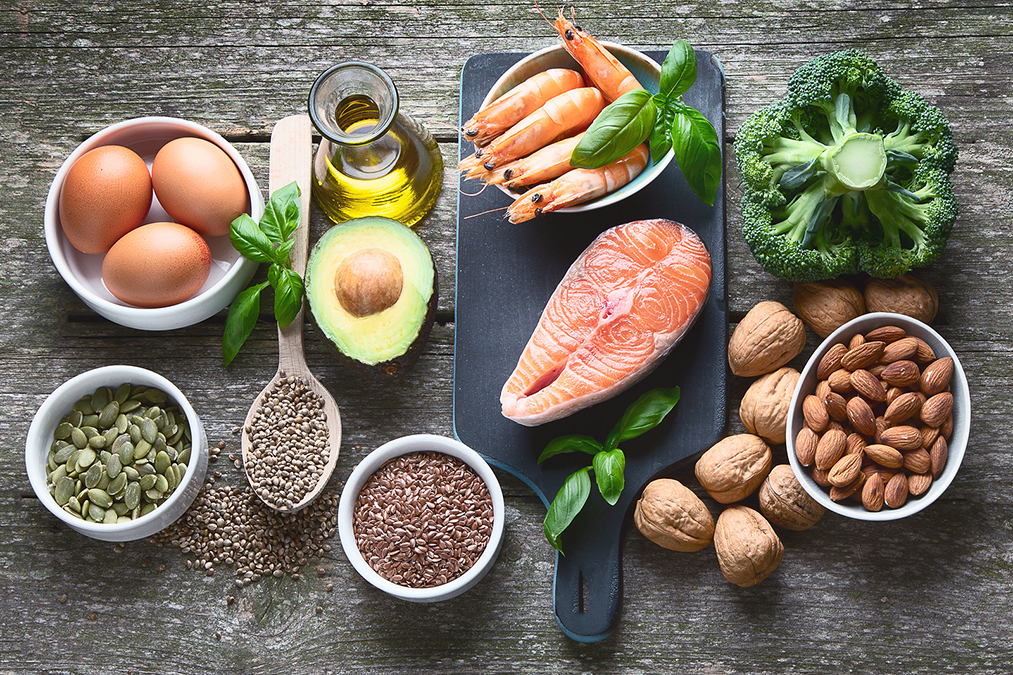 A new study in the journal Heliyon reveals one type of food that directly causes gout.
A new study in the journal Heliyon reveals one type of food that directly causes gout.
Then there is this other type of food that can prevent, even cure gout.
The study in question used data from the 2007-2018 National Health and Nutrition Examination Survey, involving 27,710 American adults. The primary objective was to explore if there’s a link between the Dietary Inflammatory Index (DII) and the incidence of gout.
The DII is a measure that categorizes diets based on their potential to cause inflammation. A higher DII score suggests a diet more likely to cause inflammation, while a lower score indicates a less inflammatory diet.
The information collected by the National Health and Nutrition Examination Survey included the participants’ dietary information and the diseases from which they suffered, making it easy for the authors of this study to analyze the relationship.
The study’s findings were quite revealing.
-
1. Those with the most pro-inflammatory diets had a 31% higher risk of gout than those who enjoyed the least inflammatory diets.
2. After adjusting for factors like drinking, smoking, gender, race, age, and Body Mass Index, the relationship between DII and gout remained.
3. There was a sharp increase in gout risk with rising DII values, a leveling off, and then another sharp increase when DII exceeded approximately 2.5.
Therefore, a diet higher in pro-inflammatory foods is associated with a greater risk of gout. This suggests that adopting an anti-inflammatory diet could be a key strategy in preventing and managing gout in adults.
Common pro-inflammatory foods in the DII start with processed meats like sausages, bacon, and deli meats, and also include red meat, especially when processed or high in fat.
Refined carbohydrates like white bread, pastries, and other high-sugar, low-fiber foods are equally pro-inflammatory, and so are sugary beverages like soft drinks, sweetened teas, and energy drinks.
Deep-fried foods, trans fats, and excessive consumption of alcohol are also pro-inflammatory.
On the anti-inflammatory side, you will find fruits and vegetables, particularly those rich in antioxidants and phytonutrients like berries, leafy greens, tomatoes, peppers, and other colorful varieties.
High-fiber foods like legumes and whole grains fight off inflammation, and so do the healthy fatty acids in foods like fatty fish (like salmon and mackerel), nuts, and seeds.
All fresh spices and herbs contain plenty of anti-inflammatory phytonutrients, and green tea and olive oil are special anti-inflammatory powerhouses.

 Overcoming IBD
Overcoming IBD Multiple Sclerosis
Multiple Sclerosis Banishing Bronchitis
Banishing Bronchitis Gum Disease Gone
Gum Disease Gone Overcoming Onychomycosis
Overcoming Onychomycosis Neuropathy No More
Neuropathy No More The Prostate Protocol
The Prostate Protocol Brain Booster
Brain Booster
 Ironbound
Ironbound
 Solution for Shingles
Solution for Shingles
 The Bone Density Solution
The Bone Density Solution
 The Ultimate Healing Protocol
The Ultimate Healing Protocol
 The Parkinson's Protocol
The Parkinson's Protocol
 The Chronic Kidney Disease Solution
The Chronic Kidney Disease Solution
 Overthrowing Anxiety
Overthrowing Anxiety The Fatty Liver Solution
The Fatty Liver Solution The Hypothyroidism Solution
The Hypothyroidism Solution
 The End of Gout
The End of Gout The Blood Pressure Program
The Blood Pressure Program
 The Oxigized Cholesterol Strategy
The Oxigized Cholesterol Strategy
 Stop Snoring And Sleep Apnea Program
Stop Snoring And Sleep Apnea Program
 The Arthritis Strategy
The Arthritis Strategy The Vertigo & Dizziness Program
The Vertigo & Dizziness Program The 3-Step Diabetes Strategy
The 3-Step Diabetes Strategy Hemorrhoids Healing Protocol
Hemorrhoids Healing Protocol The Erectile Dysfunction Master
The Erectile Dysfunction Master Weight Loss Breeze
Weight Loss Breeze The IBS Program
The IBS Program The Insomnia Program
The Insomnia Program The Migraine and Headache Program
The Migraine and Headache Program The Neck Pain Solution
The Neck Pain Solution The Menopause Solution
The Menopause Solution The Ejaculation Master
The Ejaculation Master The TMJ Solution
The TMJ Solution The Acid Reflux Solution
The Acid Reflux Solution The Fibromyalgia Solution
The Fibromyalgia Solution The Psoriasis Strategy
The Psoriasis Strategy